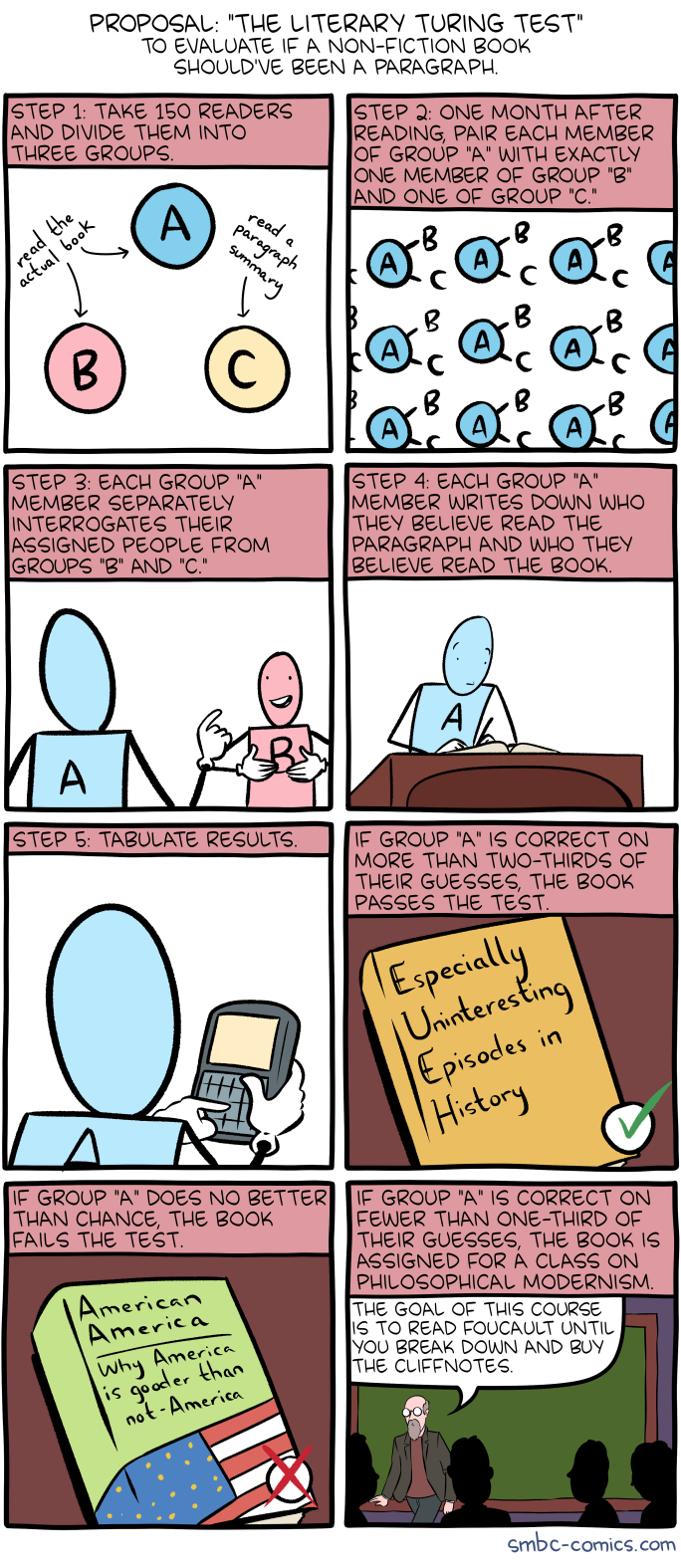In "Lexico-Cultural Decay", 10/9/2018, I examined Jonathan Merritt's Google-ngram-based argument that "traditional sacred speech is dying in the English-speaking world" ("The Death of Sacred Speech", The Week 9/10/2018). Today, as promised in that post, I'm returning to his neo-Whorfian conclusion:
Now, words have fallen out of usage at every point in history. Language is always changing, and humans keep marching on. Does this trend matter?
Actually, yes. An emerging body of research now reveals that the languages we hear and speak also influence our worldviews, memories, perceptions, and behaviors more than scientists once realized. Children who grow up speaking the same words tend to think in similar ways. Our minds don't just shape our words. Our words shape our minds, too.
A linguist named Lera Boroditsky once asked an audience of celebrated scholars at Harvard University to close their eyes and point north. Hands shot up around the auditorium like roman candles, aimed in all possible directions. She repeated the experiment at Princeton and Stanford, as well as in Moscow, London, and Beijing. The result was the same — an array of hands aimed at each of the four major directions and every point in between.
But when Boroditsky traveled to a community on the western shores of Australia's Cape York, she discovered that children as young as 5 can point north at all times with absolute precision.
Why the difference? The answer, as it turns out, is words.
Or maybe the answer is walls.
Read the rest of this entry »
